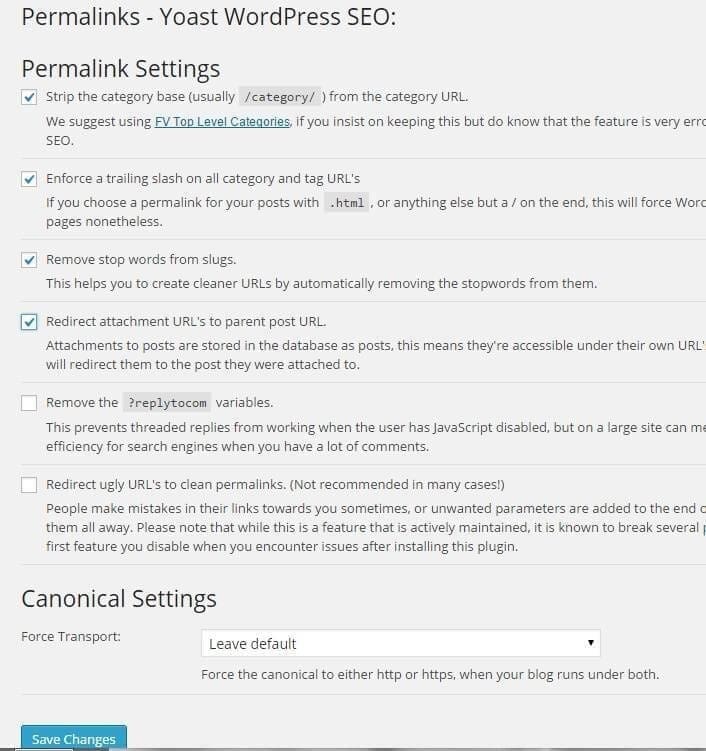Are you happy with your website’s performance and/or SEO? Do you think it is meeting the needs of your visitors? If the answer is no, then it may be time to get to work on making some tweaks and improvements, or maybe even if you answered “yes”.
To give you a helping hand, we’ve shared seven of our best tips for optimising your CMS or ecommerce website below. Follow them closely and your website will be generating fantastic results in no time:

Infographic providing 7 ways to optimise your CMS or e-commerce system
1. Upgrade to the latest version
- 1 1. Upgrade to the latest version
- 2 2. Remove unused themes and plugins
- 3 3. Keep the memory usage low
- 4 4. Utilise an SEO plugin
- 5 5. Avoid automating titles, descriptions and H1 tags
- 6 6. Minimise number of plugins used
- 7 7. Use categories and tags
- 8 Conclusion
- 9 Follow us and share if you found this blog useful…
One of the easiest ways to optimise your CMS or ecommerce system is to upgrade to the latest version. Updating your system will allow you to make use of new features and greatly reduce the risk of security threats. You are also likely to notice improvements in speed and performance.
Here are the latest versions of Joomla, Magento and WordPress as of June 2015:
- Joomla – 3.4.1
- Magento Community Edition – version 1.9.1.1
- WordPress – 4.2.2
Another reason why it’s so important to keep your CMS or ecommerce system up to date is that older versions may no longer be supported. If you want to protect your website from hackers, improve its performance for users and ensure you’re seen as ‘forward thinking,’ upgrading your system is the perfect solution.
2. Remove unused themes and plugins
Have you got loads of unused themes and plugins clogging up your CMS or ecommerce system? If so, it’s time to do a clear out. Unused themes and plugins can severely slow down your website and put it at greater risk of being hacked. It’s easy to remove them in the admin panel of your website and will only take a couple of seconds, so there’s really no excuse not to do it!
3. Keep the memory usage low
The lower the file size and memory of your CMS or ecommerce pages, the faster they will load. Having a fast loading website will help to keep your bounce rate low, which will in turn boost your SEO. You will also find that pages with a lower KB offer a better performance on mobile devices. With more and more people using their mobiles and tablets to surf the internet, it’s crucial that you consider their needs and make an effort to offer them a great user experience too. This has become even more important now that Google has announced an algorithm update which will elevate the ranking of mobile-friendly sites.
4. Utilise an SEO plugin
If you are hoping to improve your website’s search engine rankings, then you will find it beneficial to integrate your CMS or ecommerce website with an SEO plugin. These are extensions that have been designed to optimise your website for search engines and help boost its rankings.
Some of the most popular SEO plugins include:
These all work by making better use of your titles, descriptions, H1 tags, categories and tags.

Yoast WordPress SEO
Although using tools to automate your titles, descriptions and H1 tags may save you time and effort, it can also seriously harm your website’s SEO. Google and other search engines consider this to be a ‘black hat’ (unethical) technique and may penalise you for it.
So avoid getting yourself into trouble by taking the time to write unique titles, descriptions and H1 tags. Writing your own tags will also improve the readability of your site for users. If you’d like professional support for this, we can help here at Opace.
6. Minimise number of plugins used
Plugins are great for improving the functionality of your website or ecommerce store but using too many can end up doing it more harm than good. Not only do plugins slow down page loading times but they can also increase the risk of you getting hacked.
If you think you may have gone overboard with your plugins, go through them and see if there are any you can afford to remove. Ask yourself, is this plugin offering any value to my site visitors? If the answer is no, get rid of it and move on.
Our final tip is to make use of your CMS or ecommerce system’s categories and tags. Utilising categories and tags will improve your website’s SEO, generate higher levels of traffic and also make it much easier for visitors to find the content they’re interested in, thereby improving your website’s overall user experience. Just be careful to make sure you use canonical tags or equivalent to avoid duplicate content and fall fowl of a Google Panda penalty.
Conclusion
When it comes to optimising your CMS or ecommerce system, it’s often the little things that you wouldn’t think of that actually make the biggest difference to your website. Use this as a checklist when you’re next performing site maintenance and you’ll soon see massive improvements to your site’s performance, SEO and user experience.
Image Credits: Optimise the Web and Webtop
If you found this blog useful you can follow us below to get the latest as we release more useful internet marketing blogs over the coming months!
And don’t forget to share…






0 Comments